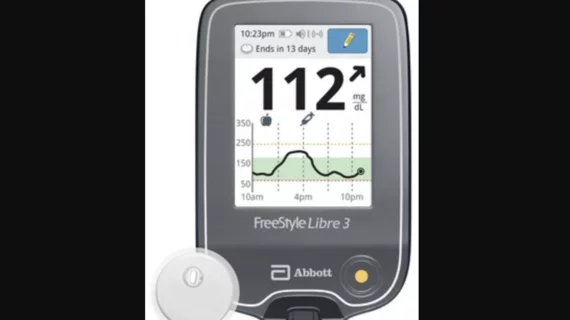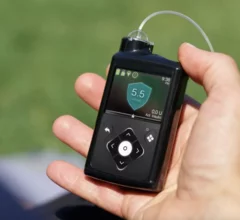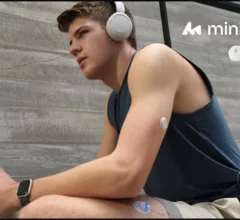Heart Health
This news channel includes content on cardiovascular disease prevention, cardiac risk stratification, diagnosis, screening programs, and management of major risk factors that include diabetes, hypertension, diet, life style, cholesterol, obesity, ethnicity and socio-economic disparities.
Displaying 9 - 16 of 1103








![The use of intravascular lithotripsy (IVL) during percutaneous coronary intervention (PCI) is still safe and effective when patients present with calcified nodules (CNs), according to new long-term data published in EuroIntervention.[1] Researchers compared outcomes from patients with and without CNs, highlighting key similarities in stent expansion and luminal gain.](/sites/default/files/styles/240x220/public/2024-12/screenshot_2024-12-02_at_11.07.21_am.png.webp?itok=d6Myns-z)




